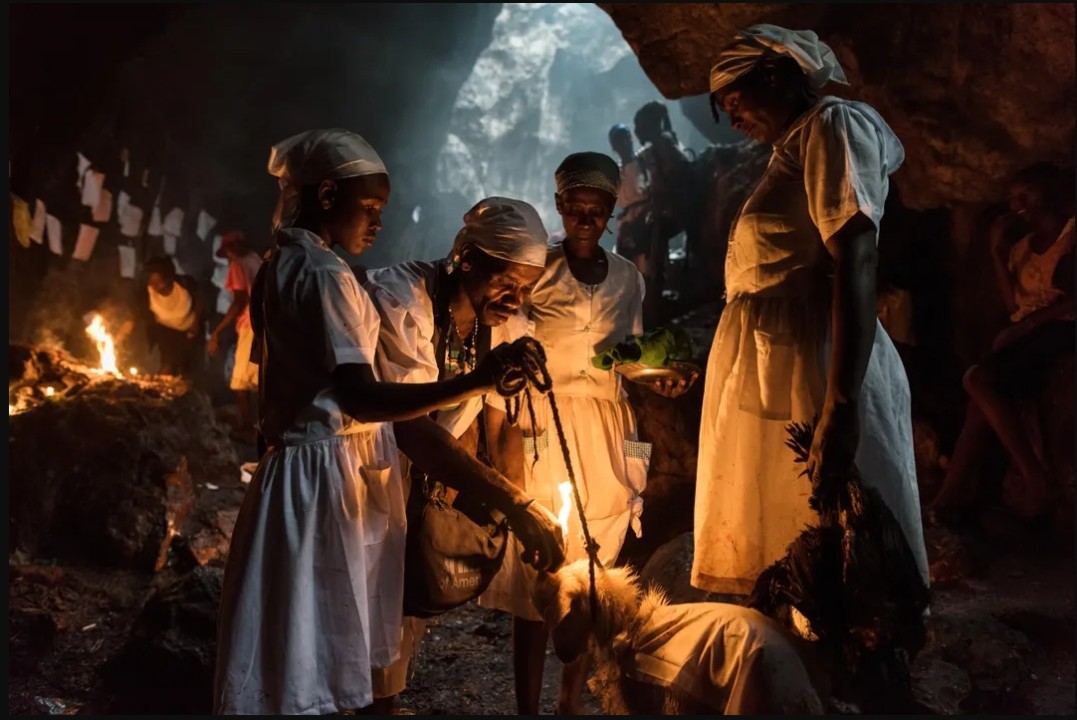Ritual plays a central role in traditional African religions, which are rich, diverse belief systems passed down through generations across various ethnic communities in Africa. These rituals serve as a medium for communication with ancestors, deities, and spiritual forces. They encompass initiation ceremonies, offerings, dances, and chants performed during significant life events and communal gatherings. Through these practices, moral values are instilled, spiritual identity is affirmed, and social bonds within the community are reinforced.
From an E-E-A-T (Experience, Expertise, Authoritativeness, and Trustworthiness) standpoint, understanding these rituals requires a combination of direct cultural immersion and scholarly expertise. Anthropologists and religious scholars who engage deeply with local communities offer valuable, trustworthy insights into the symbolic and functional aspects of these practices. Authoritative institutions that document and analyze these traditions contribute to a more credible and respectful interpretation of indigenous spiritual systems.
As globalization and modern influences reshape societies, traditional African rituals face the risk of being forgotten or misrepresented. Nevertheless, many communities actively work to preserve and adapt their rituals to remain relevant in contemporary life. These efforts are not only essential for cultural continuity but also provide the world with a broader perspective on spiritual diversity. By respecting and learning from these traditions, we foster intercultural dialogue and a deeper appreciation of humanity’s shared spiritual heritage.










